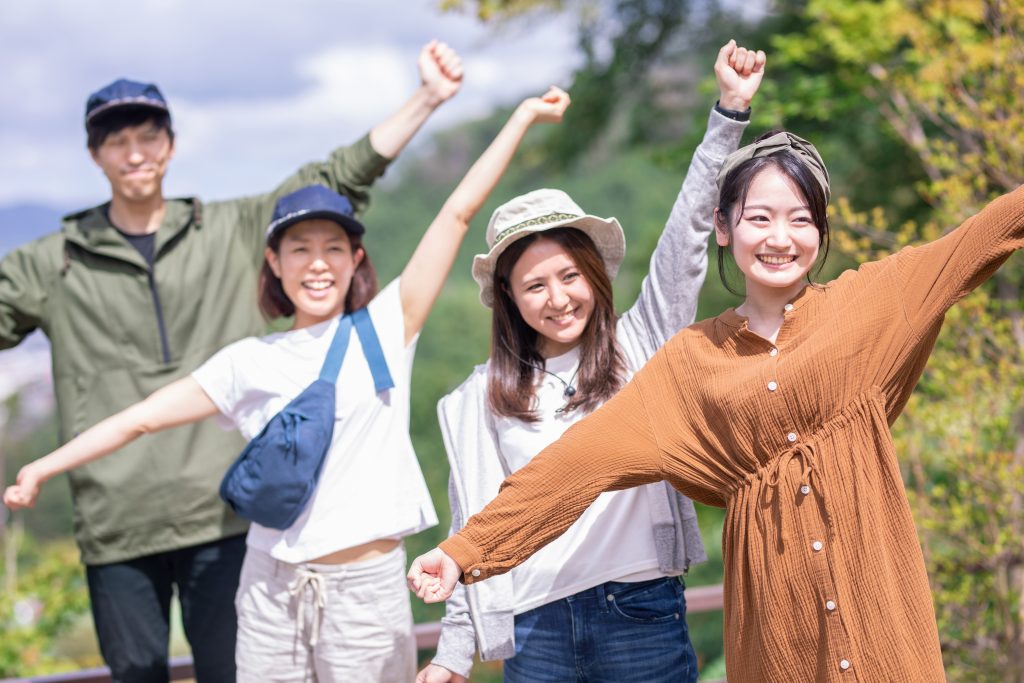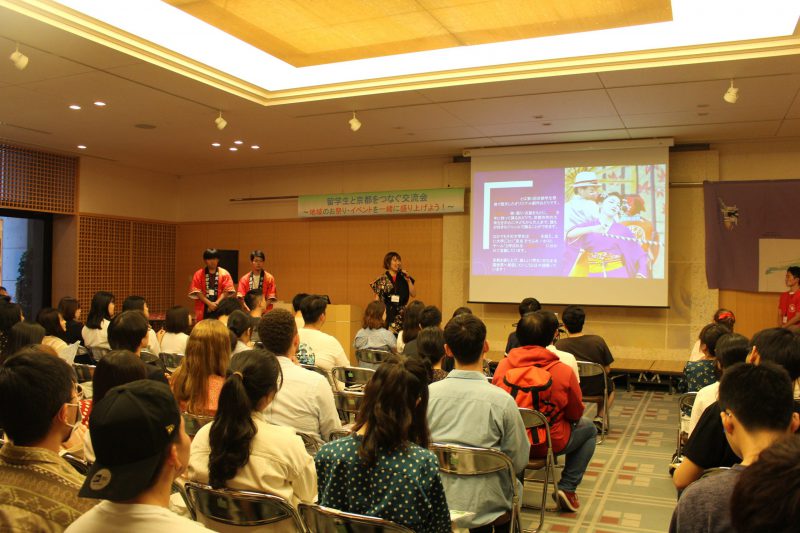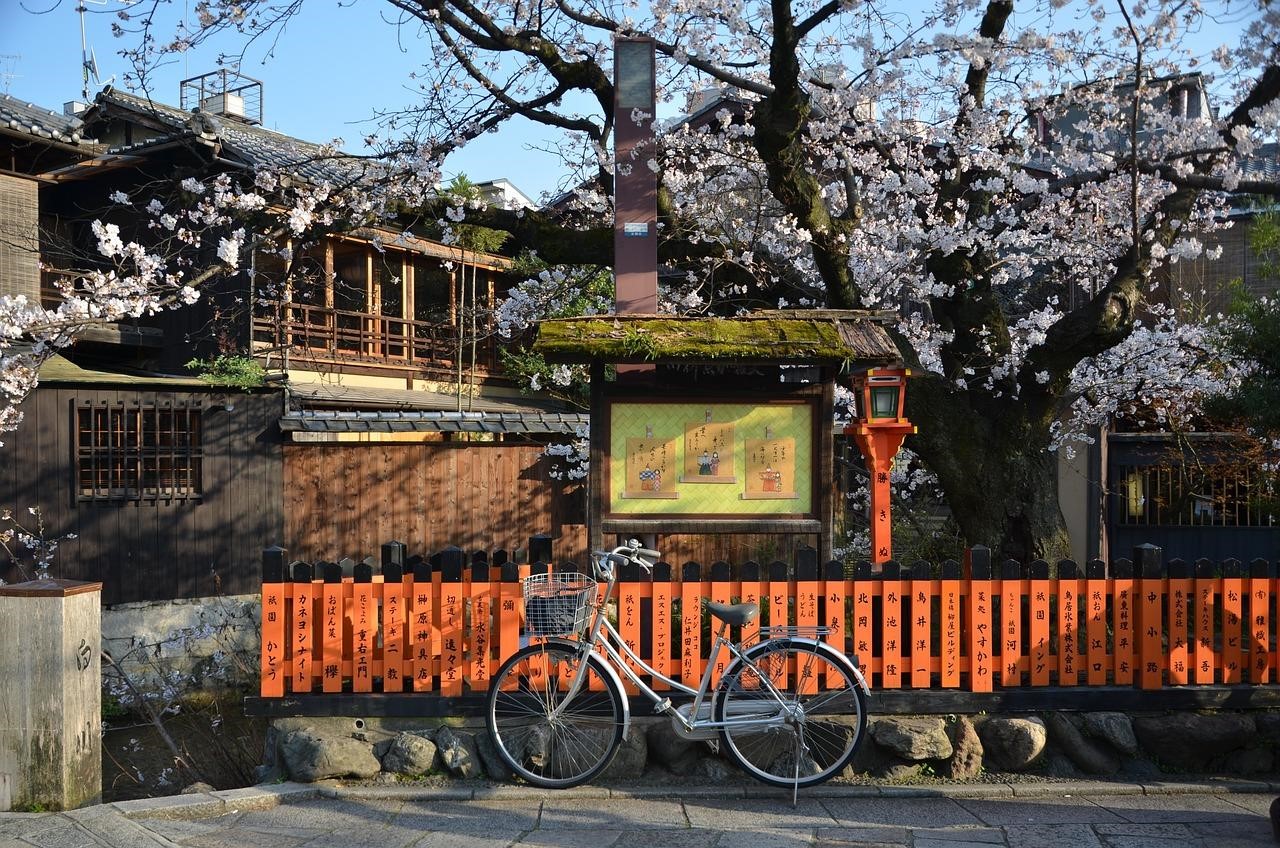Feeling anxious? A Beginner’s Guide to Living Alone
2022.09.16
What I’ve learned from living alone
<Benefits>
Looking back on my two years of living alone, I’d like to highlight three advantages.
1. Creating your own space
If you’re leaving your parents’ home for the first time in your life, you’ll likely want to live on your own terms. For example, I sleep for long hours, and I often get up around noon in order to get enough sleep. By living alone, I can sleep as much as I like, and I can also focus on studying without being disturbed.
2. Learning to be independent
If you live with your parents or friends, you can easily become dependent on them without even realizing it. When I started living on my own, I started doing things I never bothered to do before, like cleaning the kitchen. Now I’m able to do everything from cleaning to simple appliance repairs!
3. Less worries about relationships
I’m sure that you’ve all had fights with family and friends. The more time you spend together, the more likely you are to get into disputes over even the smallest things. Especially if you live together, you may have to share housework and adjust your daily routines. It’s not an easy process, so you might end up fighting. On the other hand, if you live alone, you can avoid such disputes and simply invite your friends over to your house to hang out whenever you like.

<Disadvantages>
Of course, there are drawbacks to living alone as well. Here are three disadvantages that I’ve noticed.
1. Rent and living expenses are higher compared to dormitories and share houses
Rent in dormitories is usually kept low, and even though some share houses require you to pay key money (reikin) or a security deposit (shikikin), these fees are usually kept low. Compared to this, renting can be quite expensive. For example, if you rent a property with a high initial cost, it may cost around 200,000 – 300,000 yen just for one person when moving in. Paying rent and living expenses alone can be a heavy burden. In such cases, you will need some good money-saving techniques, which you can check out in our previous article.
2. Having to do all household chores by yourself
It is often said that working adults face difficulties when balancing work and home life, and the same may be true for international students. Before you start living on your own, please think carefully about how you can achieve a balance between your studies, part-time job, and housework.
3. Feeling lonely
When living in a foreign country, you’ll sometimes wish you had someone you can rely on. When you live alone, there is no one to go home and chat with, so you’ll have to actively make friends and contact your family members when you feel lonely.

Things to be aware of
Whether you are living alone, in a dormitory, or in a shared house, you must be very careful about the differences in culture and rules. Here are three pieces of advice for international students living in Japan for the first time.
1. Separating garbage
Some countries in the world don’t separate garbage, but Japan has very strict regulations on this. For more information on how to separate your garbage in Kyoto City, please click here. Rental housing may also have their own rules, so be sure to ask about it when moving in.

2. Follow the rules of the house you live in
Not only international students, but Japanese students can also make mistakes and violate the rules if they don’t check them properly. This often leads to problems with tenants in other rooms, so be careful. For example, there are cases where smoking is allowed in your room, but not on the balcony because it is considered a common space. Such rules may vary from building to building, so be sure to ask the real estate agency.

3. Final advice
The most important message I would like to give to everyone is that you’re not alone when you live alone. When you’re by yourself in a foreign country, I think the most important thing is to connect with local people. Even if you don’t speak much Japanese or if you’re embarrassed to talk to strangers, please feel free to consult your school teachers, friends, or study abroad support organizations!
(Text: HAN FEIQI, Ritsumeikan University Graduate School)









![University Graduates’ Roundtable: Studying Abroad in Kyoto [Second Half]](https://www.studykyoto.jp/wp/wp-content/uploads/2021/05/01b46b283bc1ff8677dff6a6df76fbae-scaled-e1620803031330.jpg)

